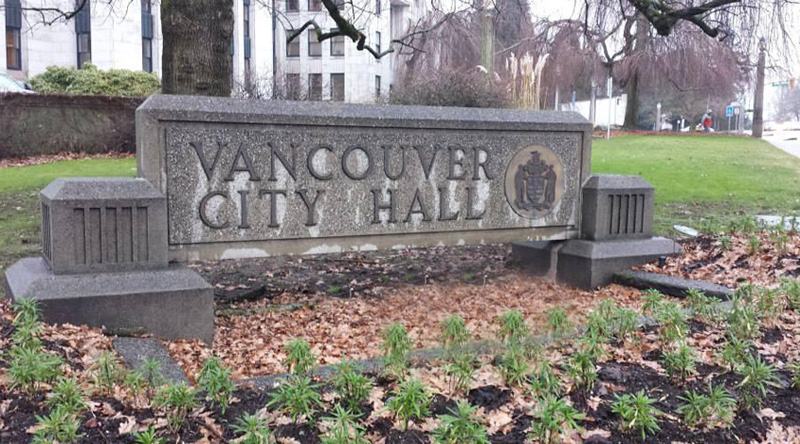
Nov 9, 2020: Office of the Auditor General approved
Vancouver City Council made an early New Year’s Resolution this week, voting to create a new independent Office of the Auditor General (OAG) for the City of Vancouver.
The external auditor’s mandate will provide both citizens and staff with a new system of accountability — which many say is long overdue — by addressing the use of all public money at City hall. The office will have complete independence from City staff and unrestricted access to all City departments; it will oversee the efficiency, economy, and effectiveness of City programs and operations, and deliver public financial management.
The new office will provide citizens with “independent assurance that the government is appropriately stewarding public money,” Carol Bellringer, former Auditor General for the province of BC and the new president of the Canadian Audit and Accountability Foundation (CAAF), told Councillors at their November 4 meeting. A successful AGO should have a close but separate relationship with the City’s own internal auditing department, Bellringer explained. “It should be cordial but not cozy.”
The creation of an Office of the Auditor General came at the behest of Councillor Colleen Hardwick, who, together with an informal group of City councillors that included Adriane Carr, Rebecca Bligh, Pete Fry, Lisa Dominato, Sarah Kirby-Yung, were tasked with coming up with a report. The informal working group developed its recommendations with assistance from the CAAF, and on November 4 Council voted unanimously to create the oversight office.
However, support for the OAG wasn’t unanimous outside the Council chamber. In his report to Council, City manager Sadhu Johnston criticized the need for the OAG, saying it would amount to a duplication of services provided by the City’s existing audit department. When questioned, Bellringer disagreed with Johnston, saying there was a big difference between the two offices.
The OAG, which will report to Council, is expected to be up and running by the fourth quarter of 2021 and fully operational by 2022. It will be a seven-year, non-renewable term, beginning with an initial staff of three, eventually increasing to eight to 10 employees. In Dec. 2019, the City reserved $500,000 of its 2020 operating budget to establish the office. Funding thereafter is estimated to be $2 million per year.



No Comments